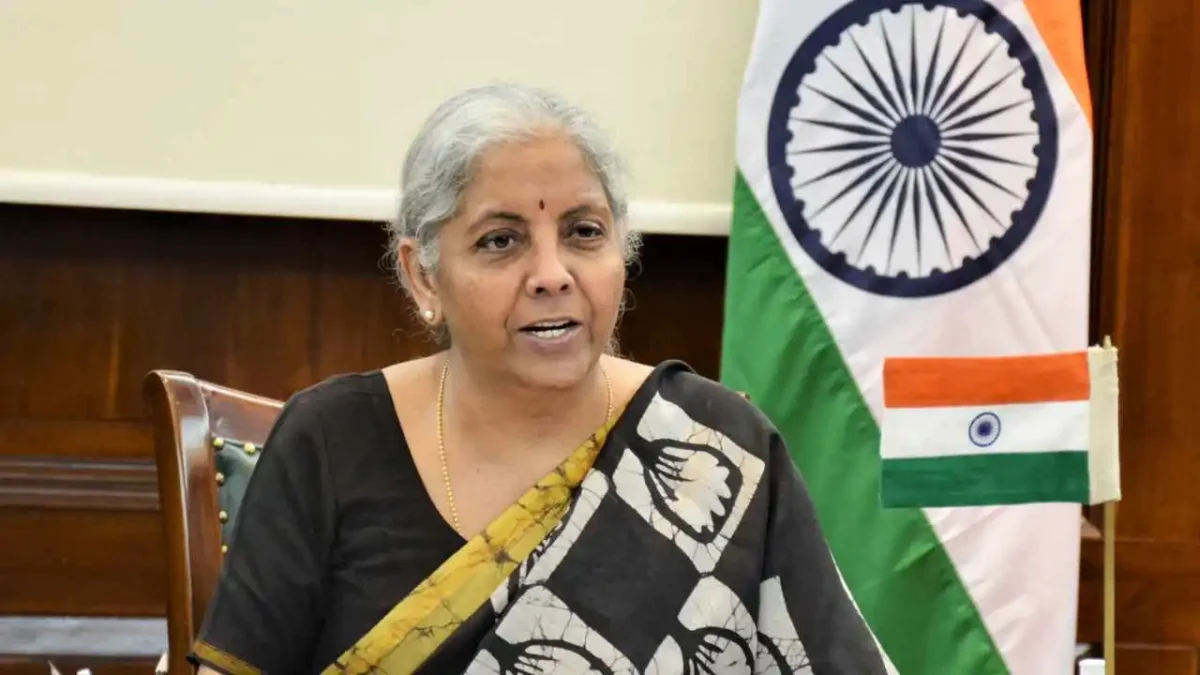
The Indian Finance Minister Nirmala Sitharaman believes that cryptocurrencies like Bitcoin are not currencies but assets that are speculation tools. She is demanding that the G20 make laws to regulate the cryptocurrency market.
Nirmala Sitharaman’s Statement on Cryptos
The Indian Finance Minister Nirmala Sitharaman has her stance on the status of cryptocurrencies, especially Bitcoin, being uptight and not a traditional currency sense.
Sitharaman reminds us of the speculative nature of digital assets and pinpoints their liquidity risk because they do not have the central bank’s support, which distinguishes them from fiat currencies.
This statement shows that the Indian government is for regulating cryptocurrencies and further supports the idea of a collaborative international framework to address crypto-related global concerns.
Call for G20 Regulation
Sitharaman urges the G20, a steering body comprising major economies and regional unions, to develop a detailed regulation framework for cryptocurrencies.
She underscores the need to enforce the regulation of cryptocurrencies, which are majorly used for trading, speculation, and profit-making, rather than having a medium of exchange controlled by central authorities.
This supports the idea that the possible risks of the cryptocurrency market, which can help in cross-border payments, trafficking, and terrorism, are the ones that the G20 should address by intervening.
Embracing Blockchain Technology
India is aware of the benefits of Blockchain technology in enhancing different industries, such as financial services, but it is still careful about cryptocurrencies.
The Indian administration, led by the Reserve Bank of India (RBI), is aware of the potential of blockchain to change the world but is concerned about the volatility and speculative nature of digital assets.
Advocating for Minimal Regulations and International Cooperation
The Indian government, as the RBI’s’ advisory board, seeks no regulations on cryptocurrencies. It focuses on the role of international cooperation as a critical solution to the problems that digital currencies bring.
The passing of the Cryptocurrency and Regulation of Official Digital Currency Bill signifies the Indian government’s intention to create a regulatory framework that will enable innovation while at the same time protecting financial stability.
Promoting Regulatory Caution
Under Governor Shaktikanta Das’s leadership, the RBI stresses regulatory prudence to ensure the country’s financial independence and minimize the impacts of any disruptions to the economic system.
Das is very cautious about the risks related to cryptocurrencies; he tells us that they have no fundamental value and that they can pose dangers to financial stability.
While the RBI is mulling over introducing a central bank digital currency (CBDC), the organization is also very cautious about the risks and challenges emerging from the fast-evolving digital asset environment.

